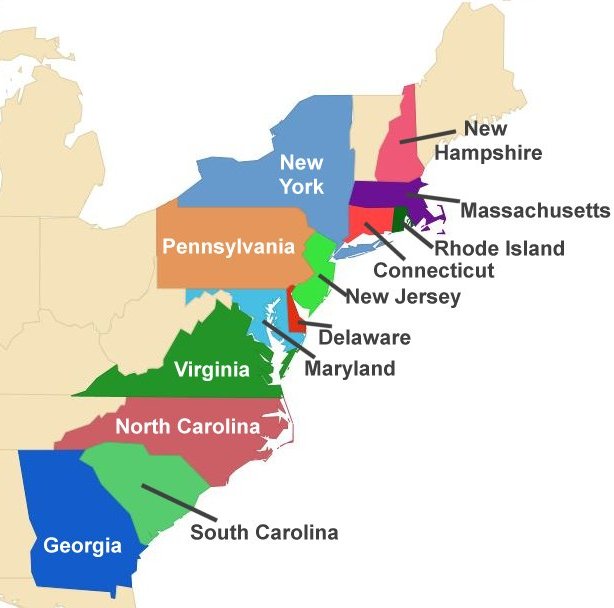Today we reviewed our material using flash cards and blookets. Our test tomorrow will cover this information:
taxation – process of collecting money from citizens in order to fund government expenses
political revolution – changing from one governmental structure to another
Patriots – American colonists who supported independence from Great Britain
Loyalists – American colonists who did not support independence from Great Britain
grievance – a complaint
boycott – to refuse to buy goods
militia – a military force of volunteers
mercenaries – soldiers who are paid to fight for a country they are not from
Independence-freedom from the control and influence of others.
Leader-the person in charge who gets others to follow
Minutemen-eager young militiamen who were willing to fight at a moment’s notice.
French and Indian War
Britain and the colonists fought the French and the Native Americans.
Britain won, and France gave up their territory in America.
The British punished Native Americans for helping the French and took their lands.
The British started taxing colonists to pay for the war. Tea, molasses, and paper products were all taxed.
Colonists became angry because they had no representation in the British government.
Tax Acts
The Sugar Act of 1764-The 1st law passed by British Parliament to raise taxes in the colonies. It taxed sugar and molasses from non-British sources. Sugar and molasses were used to make rum, a popular alcoholic beverage. The colonists made lots of money exporting rum to other countries.
The Stamp Act of 1765-required colonists to pay a tax, represented by a stamp, on papers, documents, and playing cards. The tax was to pay for a large British army force in the colonies. The tax had to be paid in British money, not colonial money. Colonists reacted by protesting, and they even attacked tax collectors and British public officials. Colonists came up with the phrase, “not taxation without representation” from this tax.
The Townshend Act of 1767-In 1767, Parliament passed this tax to pay for governing the colonies. This was a tax on glass, lead, paint, paper, and tea. This further angered the colonists, and led to the Boston tea party and the Boston massacre, which fueled the American revolution.
Intolerable Acts of 1774-Britain instituted a set of laws after the Boston Tea Party.
Closed Boston Harbor
Replaced local elected officials with British officials.
Allowed British officials charged with capital crimes to be tried in England or another colony.
The Quartering Act, which allowed British troops to be placed in colonials’ homes and unoccupied buildings.
The Sons of Liberty-groups of American colonists who disagreed with British rule of the 13 North American colonies. Among the members were many well-known patriots, such as Samuel Adams, John Hancock, and Paul Revere. They encouraged colonists to resist British rule of the colonies.
The Founding Fathers-
George Washington-Leader of the Colonial Army and 1st President
Thomas Jefferson-3rd President of the United States
Ben Franklin-drafted
the Declaration of Independence
John Adams-2nd President of the United States
James Madison-drafted the US Constitution and bill of rights. 4th President of the United States
John Jay-1st Chief Justice of the US Supreme Court
Alexander Hamilton-1st Secretary of the Treasury

